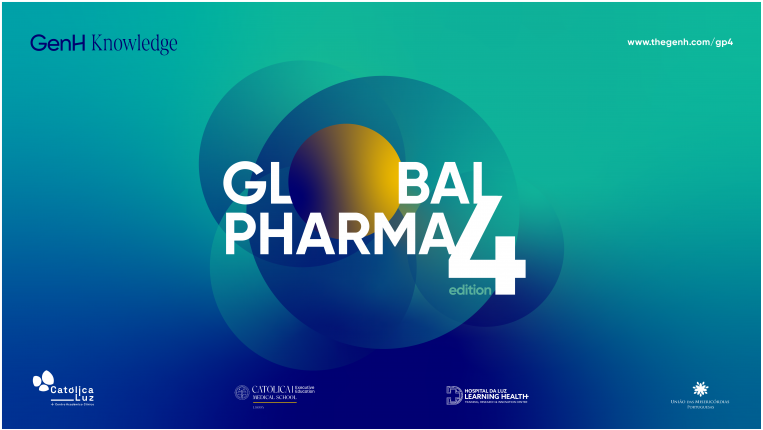Intended learning outcomes (knowledge, skills and competences to be developed by the students):
The objectives of the course are to provide students with a set of skills for scientific research work in vaccinology. The aim is to prepare scientists with knowledge and understanding of the complexity inherent in vaccine development, vaccine evaluation and vaccine distribution, with particular emphasis on the ethical issues associated with equitable distribution of vaccines and issues of trust and hesitancy in vaccination.
The student should develop skills in:
- knowledge of the history of vaccinology and types of vaccines;
- strategies for preventing infectious diseases through vaccination;
- knowledge of vaccine evaluation methods at pre-clinical and clinical trial level;
- knowledge of the basic principles of vaccination and the associated ethical issues;
- knowledge of the development of vaccines in the laboratory, their production and distribution;
- knowledge of the ethical issues associated with the equitable distribution of vaccines and issues of trust and hesitancy in vaccination.
Syllabus:
Lectures
- Introduction: history of vaccinology and types of vaccines
- Discovery of antigens, adjuvants and delivery methods
- Vaccine development: pre-clinical and clinical trials
- Vaccine evaluation: safety, immunogenicity, efficacy and effectiveness
- Vaccine production and Good Laboratory Practice
- Regulatory Affairs
- Approval of new vaccines
- Vaccine distribution
- International Organizations and Vaccine Policy
- Equitable distribution of vaccines
- National Vaccination Programs
- Vaccine Confidence and Vaccine Hesitation
Seminars
- External professors or researchers will be invited to present their work and practical applications in vaccine development.



